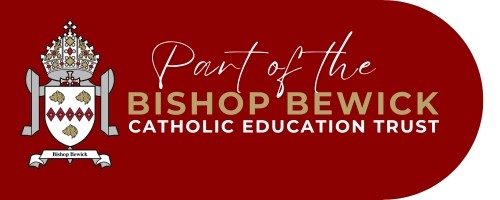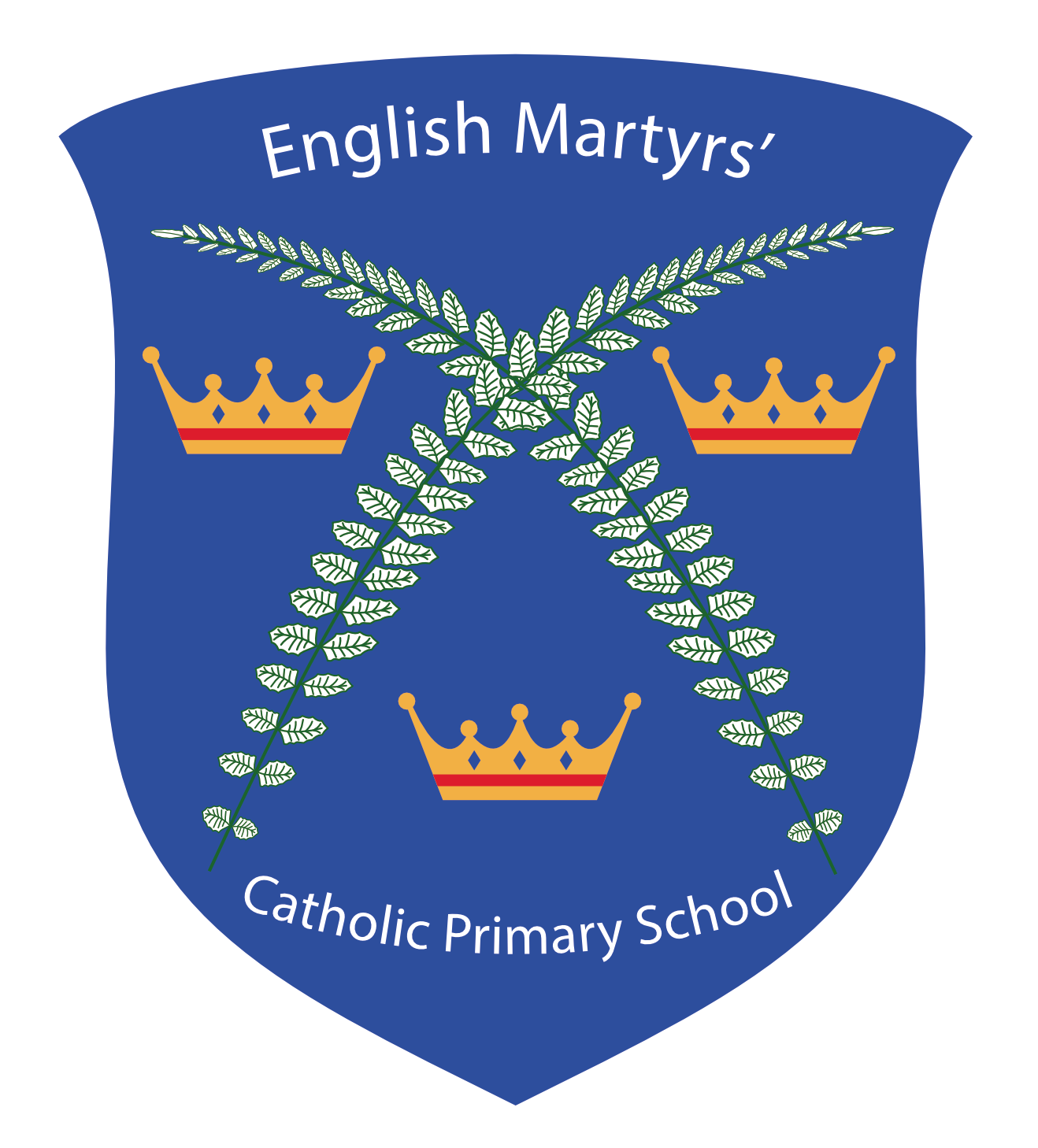
ENGLISH
ENGLISH
At English Martyrs' we believe that English has a pre-eminent place in education and in society. A high-quality education in English will teach pupils to speak and write fluently so that they can communicate their ideas and emotions to others and through their reading and listening, others can communicate with them. Through reading in particular, pupils have a chance to develop culturally, emotionally, intellectually, socially and spiritually. Literature, especially, plays a key role in such development. Reading also enables pupils both to acquire knowledge and to build on what they already know. All the skills of language are essential to participating fully as a member of society; pupils, therefore, who do not learn to speak, read and write fluently and confidently are effectively disenfranchised.
At English Martyrs' our aim is to promote high standards of language and literacy by equipping pupils with a strong command of the spoken and written word, and to develop their love of literature through widespread reading for enjoyment. The national curriculum for English aims to ensure that all pupils:
-
read easily, fluently and with good understanding
-
develop the habit of reading widely and often, for both pleasure and information
-
acquire a wide vocabulary, an understanding of grammar and knowledge of linguistic conventions for reading, writing and spoken language
-
appreciate our rich and varied literary heritage
-
write clearly, accurately and coherently, adapting their language and style in and for a range of contexts, purposes and audiences
-
use discussion in order to learn; they should be able to elaborate and explain clearly their understanding and ideas
-
are competent in the arts of speaking and listening, making formal presentations, demonstrating to others and participating in debate.
READING
Our Reading Intent:
At English Martyrs’ Catholic Primary School, we believe that the teaching of reading is integral to a child’s understanding and appreciation of the world around them; a platform that allows our children to see beyond what they know, share in cultural experiences and develop the vocabulary they need to effectively express themselves.
Our reading curriculum strives to foster a lifelong love of reading. We cultivate the behaviours that our pupils need to be discerning readers, reading frequently and widely, using a range of strategies and discussing what they have read.
Early reading and development of speech and language is identified as a priority at English Martyrs’ and therefore vocabulary acquisition and application are planned into all subject areas.
We understand the importance of parents and carers in supporting their children to develop both word reading and comprehension skills, and so we want to encourage a home-school partnership which enables parents and carers to understand how to enhance the skills being taught in school through good quality texts and promote reading for pleasure.
All of these are essential components as they offer the range of opportunities needed to develop fluent, confident and enthusiastic readers and above all, a love and appreciation for reading.
The school aims to:
-
Develop word reading skills which enable the children to decode words using a reading routine that is rehearsed and practised daily
-
Develop children’s fluency, intonation and expression so they can read aloud for different purposes (accuracy, automaticity, prosody)
-
Promote a love of reading which is centred around the interests of the children but also engage children with texts and knowledge outside their current experiences
-
Support children’s comprehension skills through ensuring experiences of high-quality discussion with the teacher and peers, and establishing clear methods for answering a range of comprehension questions.
-
Ensure children experience a range of genres and discuss a plethora of stories, rhymes, poems, traditional tales, stories from other cultures and non-fiction
-
Develop a knowledge of themselves and the world in which our pupils live, through the texts they encounter
-
Support pupils to read widely through a carefully selected and organised home reading programme, supplemented by a specifically chosen Book Spine, delivered by class teachers
-
Encourage care and ownership of books
-
Use reading and a language rich classroom environment to expose children to a wide range of vocabulary
-
Rigorously monitor and assess children’s reading progress and identify those who need extra support and intervene at an early stage.



